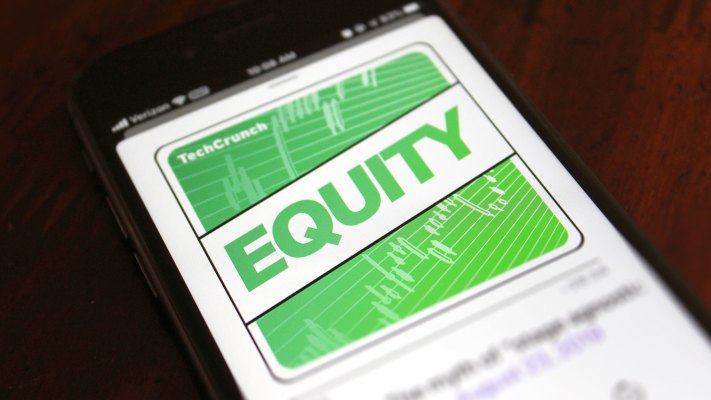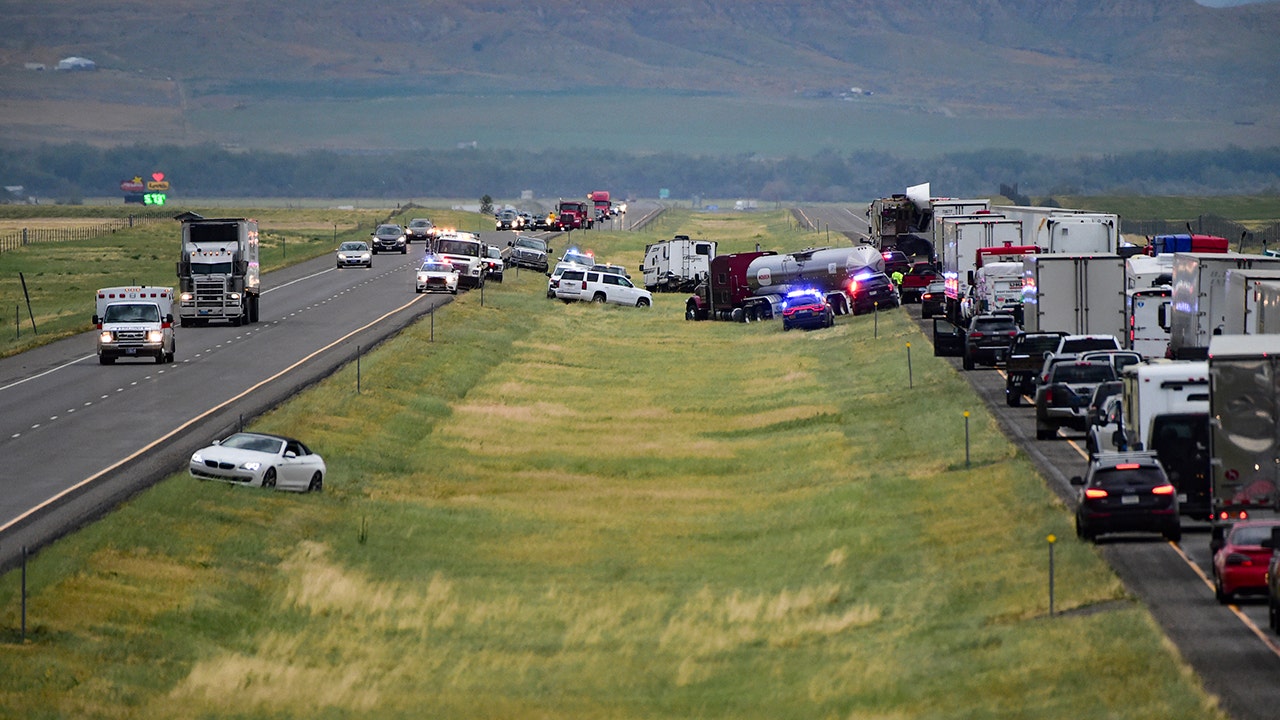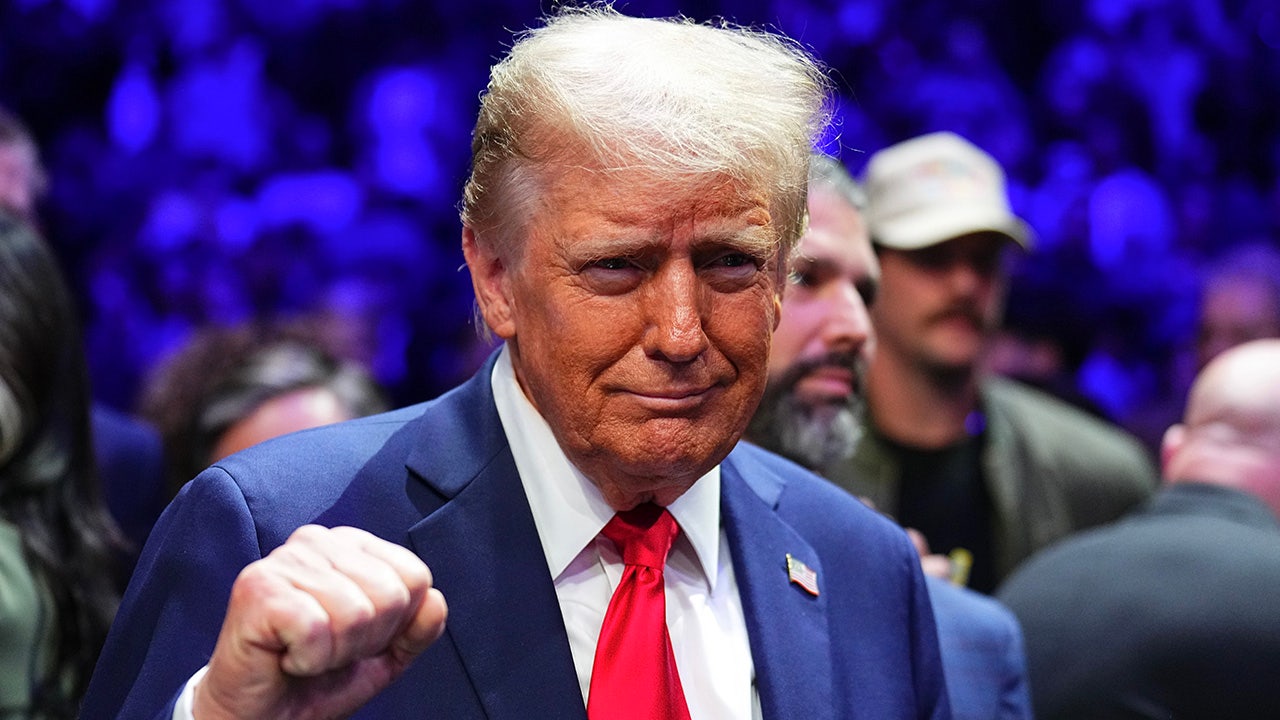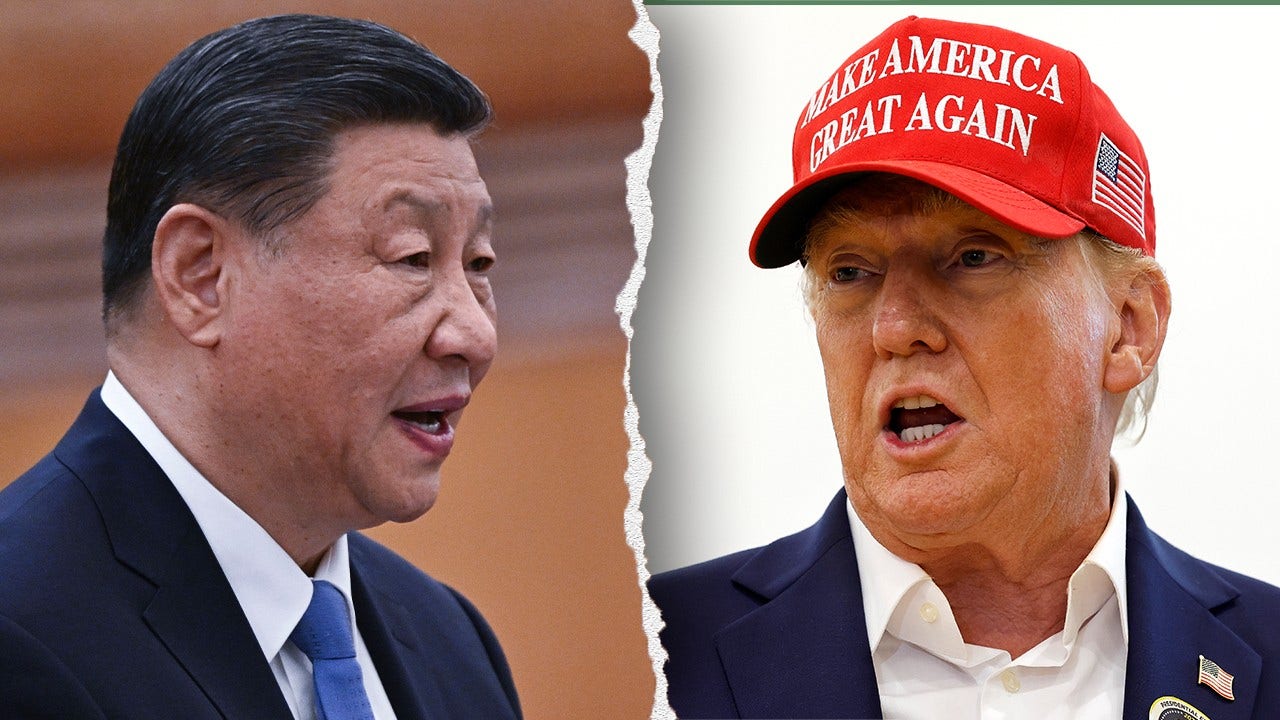Writer-director Hannah Marks, who got her start acting in projects like Accepted, Weeds, Necessary Roughness and Dirk Gently’s Holistic Detective Agency, made her feature directorial debut with After Everything, which she also wrote. And she directed another film that she wrote, Mark, Mary & Some Other People, before she directed Don’t Make Me Go, which is currently streaming on Amazon’s Prime Video.
For Marks, directing a film she didn’t write was something she “really enjoyed.”
“It was a great experience, because I got to have an outside perspective on the material, and it was really fun to get to riff on the material that already existed,” Marks tells The Hollywood Reporter. “We did some improv and played around a bit because everyone was so collaborative that was involved.”
But that doesn’t mean making Don’t Make Me Go wasn’t without its challenges. The film stars John Cho and Mia Isaac as a father and daughter who embark on a road trip from California to New Orleans ostensibly for Cho’s Max to attend his college reunion. But the trip is really a way for Max, who’s been diagnosed with terminal cancer, to reconnect daughter Wally (Isaac) with her mother and allow him to pass on some useful life lessons.
With Cho based in New Zealand while working on Netflix’s Cowboy Bebop amid the COVID-19 pandemic, Marks and Co. had to choose between the actor and making an American road trip movie in New Zealand.
“The borders were closed, and it wasn’t really feasible to have both John Cho and America, so we chose John Cho because, at the end of the day, even though this is an American story, the most important aspect of it was the father-daughter relationship and John was so perfect for the role that we figured we’d come to him,” Marks recalls. “There were zero cases of COVID in New Zealand at the time so it was incredibly safe for us to go there and make the movie. Of course there were lots of challenges, as you would imagine.”
As for what those challenges were, Marks quickly ticks off several: “It’s an American road trip movie that’s set in the summer, and we were in Auckland in the winter. The weather was a challenge. All of the driving was a challenge. They drive on the other side of the road there. They also just don’t have as many roads and highways, and you’re not allowed to shut them down, so that was tricky.”
She adds, “Plus left-hand drive cars there are illegal unless it’s a vintage car, which is how Max’s Wagoneer was born. That wasn’t originally part of the story. Before he was driving kind of a modern Toyota…It was funny, there were so many random things that you wouldn’t anticipate that just felt foreign, like the doors — I noticed all of their doorknobs and door handles were way higher over there than they are here. Trying to sell California, New Mexico, New Orleans, Florida all in Auckland. There is no other New Orleans.”
Despite all of those difficulties and adjusting aspects of the story, like the car, due to geography, Marks says filming in New Zealand “ultimately” made everything “better.”
“We had a really incredible local crew that was really supportive of trying to make everything look like America,” she says.
After not writing Don’t Make Me Go and the upcoming film adaptation of John Green’s best-selling novel Turtles All the Way Down, which she directed for HBO Max, Marks sees herself scripting future stories.
“I probably will write the next thing because the last two I did not write and I’m itching to get back to it even though I loved the screenplays that I got to direct and am so grateful, but I’m really craving doing some writing,” she said.
But that doesn’t mean Marks didn’t have personal connections to Don’t Make Me Go. Speaking with THR, Marks opens up about how she got involved with the film, why it resonated with her, making movies for streaming services and her future as a writer-director.
How did this project come your way and what made you want to direct it?
I had a general meeting with Peter Saraf at the Big Beach offices in New York. I was such a huge fan of his because he made Little Miss Sunshine and Adaptation and all of these terrific movies. And he sent me the script for Don’t Make Me Go after our meeting, and I read it immediately and I loved it so much. I was so shocked by the twist ending and I thought it was so bold and brave both with how the movie started and with the twist at the end, so it just felt very emotionally resonant to me. And I had a lot of connections to it in my own life. So that was really where it all began.
Could you elaborate on the connections to your own life?
My dad taught me how to drive, and he also is a cancer survivor.
[The following paragraph contains spoilers from Don’t Make Me Go.]
And on top of that, I have an issue with my heart. That’s why that twist really shook me. I really hope and think that mine won’t kill me, but I do have an issue with my heart valves that I monitor and check that I don’t always talk about, but that definitely connected me to the twist that happens.
[Spoilers end]
What do you hope people take away from this movie?
I hope they take away that you can come of age at any time in your life. This is not just about a 15-year-old that is coming of age, this is also about her 40-something father coming of age. It’s never too late to change or try things or take a risk. I hope I’m still trying to pursue my dreams and different career paths and ambitions when I’m older. I want that to sing at the end of the movie.
This movie is being released on Amazon and your next film Turtles All the Way Down is for HBO Max. What do you make of this movie being released on a streaming platform in this age in which the future of theatrical releases is somewhat of a question?
I love going to the movie theater and have so much nostalgia for it because I think it’s so important. However, I don’t like to talk trash on streaming because it means so many more artists get to make movies, and I’m lucky enough to be one of them. Streaming allows me to get to make projects that maybe normally wouldn’t have been made. I have no qualms about streaming or the movie not being released in theaters because it really allows us to tell so many more stories and reach such a big audience.
Turtles All the Way Down has been in development for a while and you’ve been attached for a while as well — first it was at Fox and now it’s at HBO Max. What’s it been like being part of that project as it’s gone through a few twists and turns?
It’s been great because I think I’ve been able to grow with the project. When I first started interviewing for this movie I was 23 or 24 and now I’m in my late 20s. In my own personal life, I’ve changed and I’ve grown, and it’s exciting to have my perspective shift with the project. The story became even more relevant during the pandemic because the lead character is so terrified of germs and infectious disease, and now that’s something we can all relate to, not just people with anxiety or people who are hypochondriacs. I think we’ve all now lived that experience. So in a strange way, the movie became even more universal during this time, and I truly believe it wasn’t meant to be made until now.
What types of stories are you hoping to tell going forward as a writer-director?
I think I’ll always focus on a central relationship, and my characters will always be my primary focus. I’d like to add a higher-concept edge to what I write. The last thing I wrote, which I haven’t taken out yet, has a robot and takes place in the near future, and I really, really enjoyed that process, and found it extremely fun but of course it’s still kind of a relationship movie even if it has a robot.
This interview has been edited and condensed for clarity.


























































